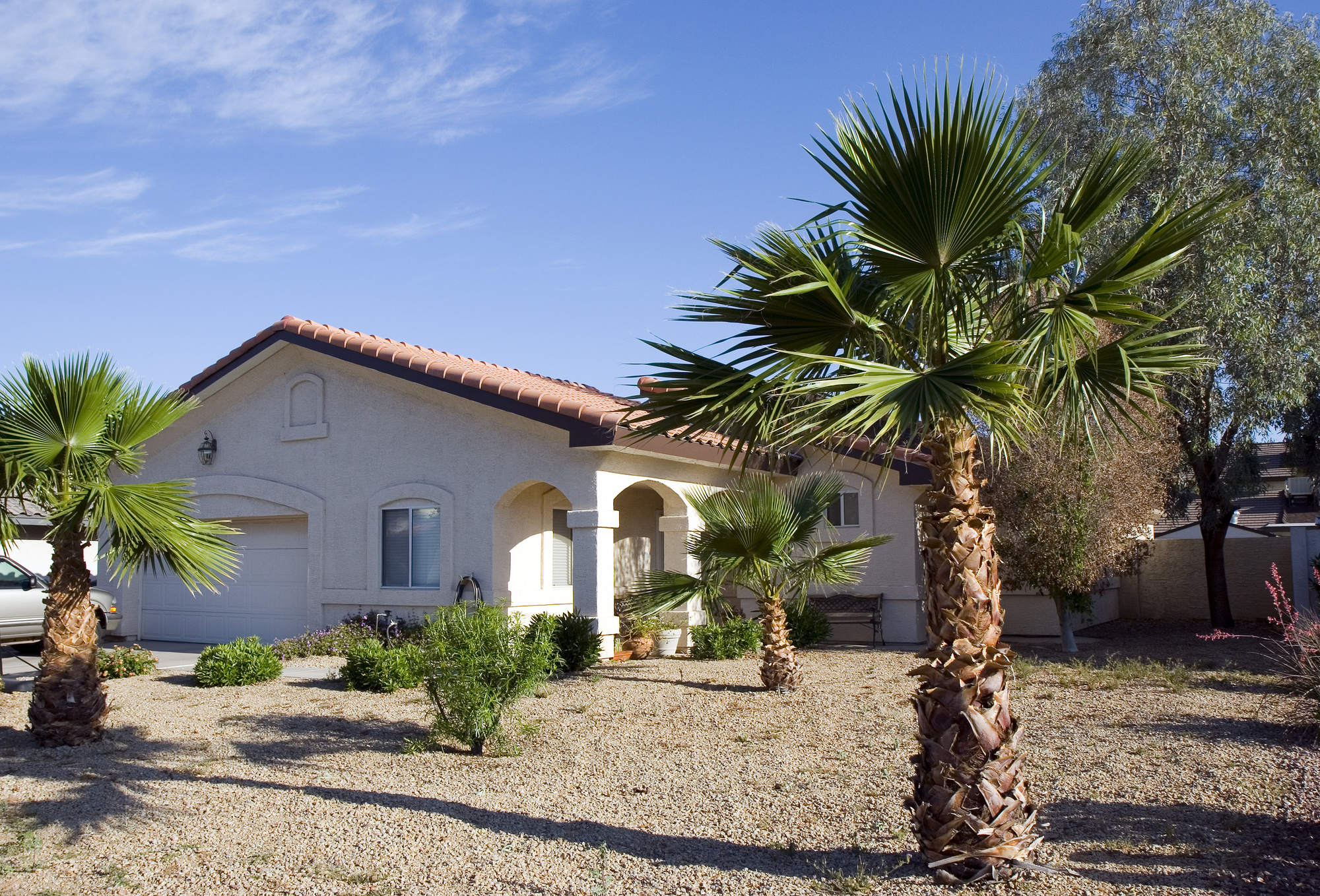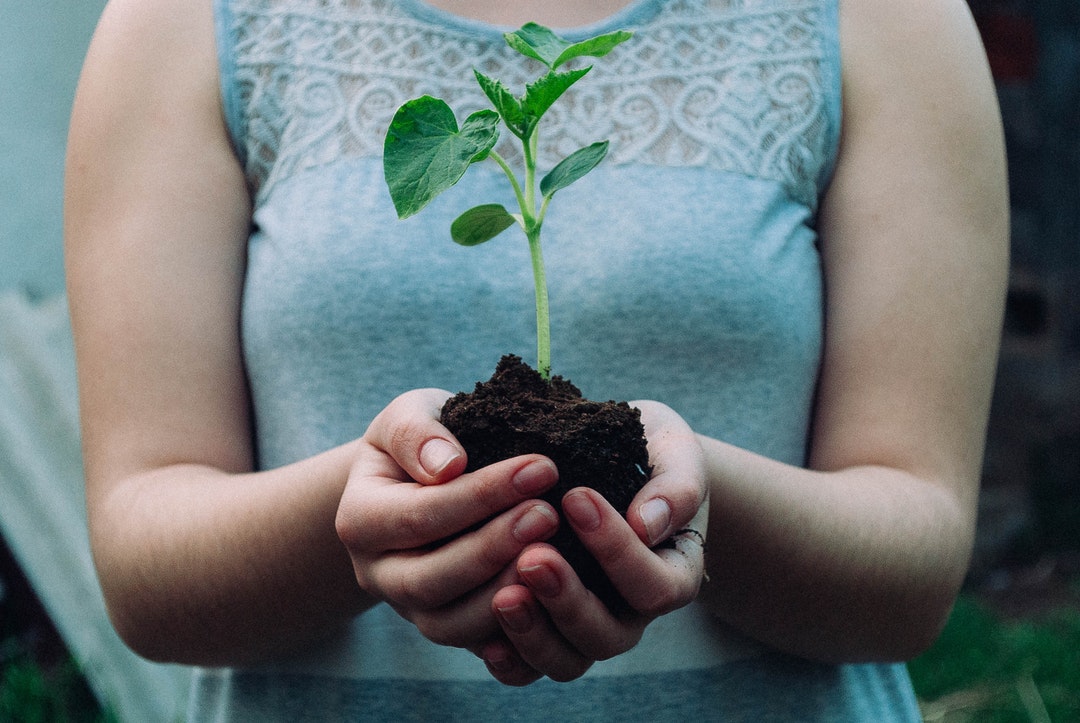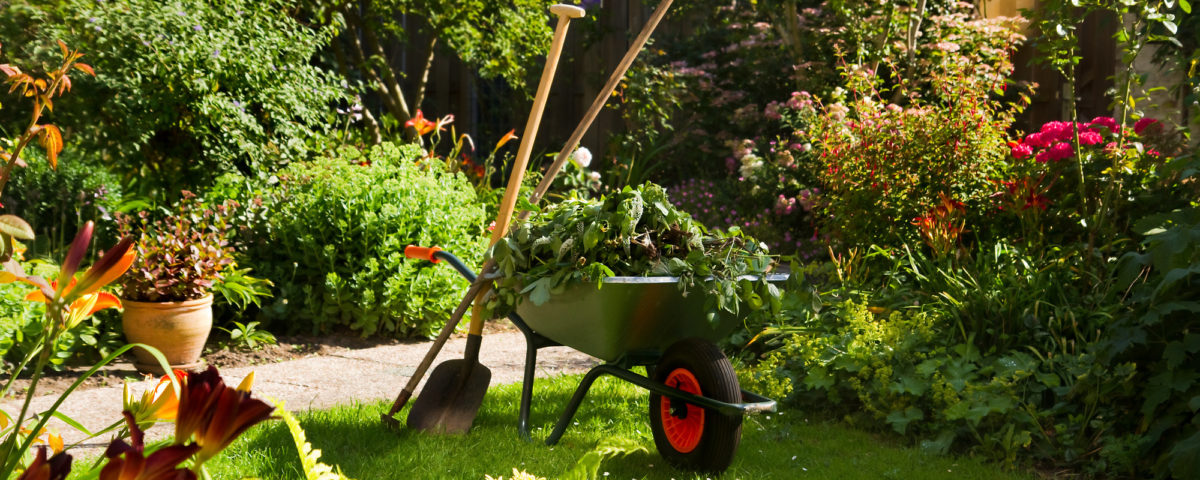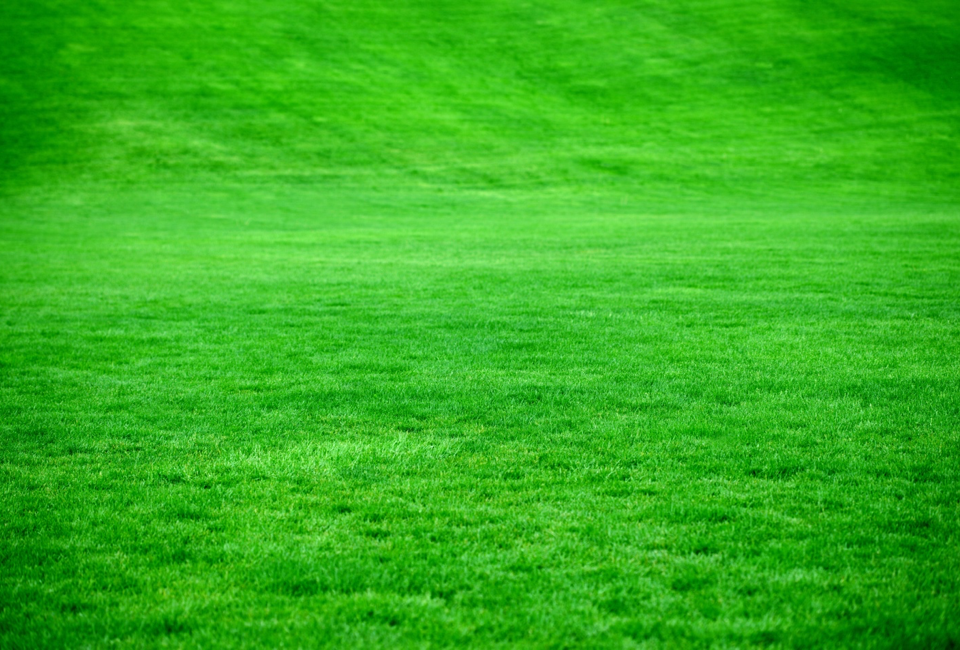
Xeriscaping Made Easy: 10 Gorgeous Southern California Low-Water Landscape Ideas
December 2, 2018
Not-So-Green Thumb? Here Are the Best Gardening Tips for Beginners
December 5, 2018When it comes to gardening, do you have a brown thumb?
A brown thumb is the opposite of a green thumb. Someone with a brown thumb can’t seem to keep their plants alive.
If this sounds like you, don’t worry. Gardening is extremely difficult and it just takes a lot of patience, practice, and research to figure out how to care for your plants properly.
Indoor and outdoor plants are a big design trend right now. While it’s fine to have fake plants, the look of real plants can’t be beat.
But like we said, real plants are difficult to care for. There are about 391,000 different plant species and they all have unique needs. How do you know what to give them? What effects plant growth?
Keep reading and we’ll answer all these questions and more.
What Affects Plant Growth?
If you’ve killed all of your plants, either indoor or outdoor, and thought you were doing everything right, you’re probably wondering “what affects plant growth?”
The truth is, some people who are inexperienced with plants think that watering them and forgetting about them is enough. However, some plants are a lot more high-maintenance than others, so they’ll need extra care.
Before you can understand how to care for your personal plants better, you should get the big picture of what affects plant growth. In general, here are the four things that affect plant growth the most.
1. Water
Water is critical for anything to sustain life. Humans needs water, your dog needs water, and nearly everything else on the planet does as well, including your plants.
Unless you have cacti or succulents, you need to be watering your plants. If it’s easy for you to forget, there are tools on the market that will water your plants for you.
If you’re going to be traveling, make sure you plan ahead. Leaving your plants for even one day without proper water can kill them. It’s true, water makes up about 90 percent of plants, so they need it to survive.
Before you buy any indoor or outdoor plants, make sure you consult the Internet or your gardener to ensure that you’re not under or over watering your plants.
2. Light
Like all other living things, light is essential for plants to survive. But just like water, some plants need more light than others.
Light is how plants make food for themselves. So if you’re plants are struggling, it could be because you’ve put them in the shade.
On the other hand, plants that are constantly exposed to direct sunlight could also be unhappy. Hot, direct sunlight can dry out plants.
Make sure you do your research before committing to a certain type of plant. If you keep indoor plants, you might need to give them artificial light in the winter months when there is less daylight.
3. Soil Quality
Soil quality is often overlooked by those who are new or less familiar with taking care of plants. A lot of us find a basic bag of soil from the store or outside, plant, then never think about the soil again.
But the truth is, soil quality is what affects plant growth the most. There are a lot of nutrients (about 17 to be exact) that plants need to survive, just like humans. Some of these nutrients, such as carbon and oxygen, come from water and air.
It’s the soil’s job to supply the plant with the remaining fifteen nutrients. These nutrients include nitrogen, sulfur, magnesium, iron, copper, and other elements. If you’re giving your plant soil that is dried out and lacking nutrients, it’s not going to survive.
This is true even if you’re giving it proper water and sunlight.
Again, not all soil is created equally and some minerals disappear over time or if the soil gets dried out. This is why you should always choose nutrient-rich soil. Adding in fertilizer is also a good idea as it will keep the soil full of nutrients all year long. We’ll discuss the best fertilizer options later in this article.
4. Temperature
Temperature is another factor that affects plant growth. If you’ve planted plants that don’t thrive in your climate, they’ll die almost immediately.
Most plants thrive in warmer, humid climates. Warm temperatures are ideal for plants’ normal functioning and plants will typically shut down and die when it gets too cold out.
Sure, most people know that frost and snow will kill plants, but even lesser extremes (or extreme air conditioning) will harm plants. Cold weather isn’t necessarily a death sentence. If you notice you’re plants aren’t growing, try moving them to a warmer location and watch them thrive.
Other Factors That Impact Plants
The factors we listed above are the four main things that affect plant growth, but of course, there are tons of other factors that could be killing your plants.
Wind is one of them. If you’ve planted outdoor plants, make sure they’re not in an area that’s exposed to high wind.
Another factor is humidity. There’s a reason that greenhouses are extremely humid, and that’s because plants thrive in a high-humidity environment. Think about it: there are hardly any plants in a dry desert, but tons of greenery in a humid rain forest.
If you have indoor plants, you might need to buy a humidifier or spray the leaves of your plants to mimic a humid environment. This is critical in the winter months.
Use Fertilizers for Nutrients
Do you get all the vitamins and minerals you need from your diet? If not, you probably take a supplement.
Plants need supplements too, in the form of fertilizers. Like we mentioned earlier, plants need nutrient-dense soil to survive. Cal Blend Soils is here to help you keep your garden healthy and thriving.
Check out our fertilizers page for more information on what we offer. Our soil experts will help you figure out exactly what your lawn or garden needs.
Learn More About Keeping Plants Healthy
Caring for plants is like caring for pets. They require attention, care, and love. Now that you know what affects plant growth the most, there are a lot of other plant-related topics you can study to make you a better plant owner.
To get started, check out this article on creating raised gardening beds. This is an easy way to start a garden and turn your brown thumb green.


